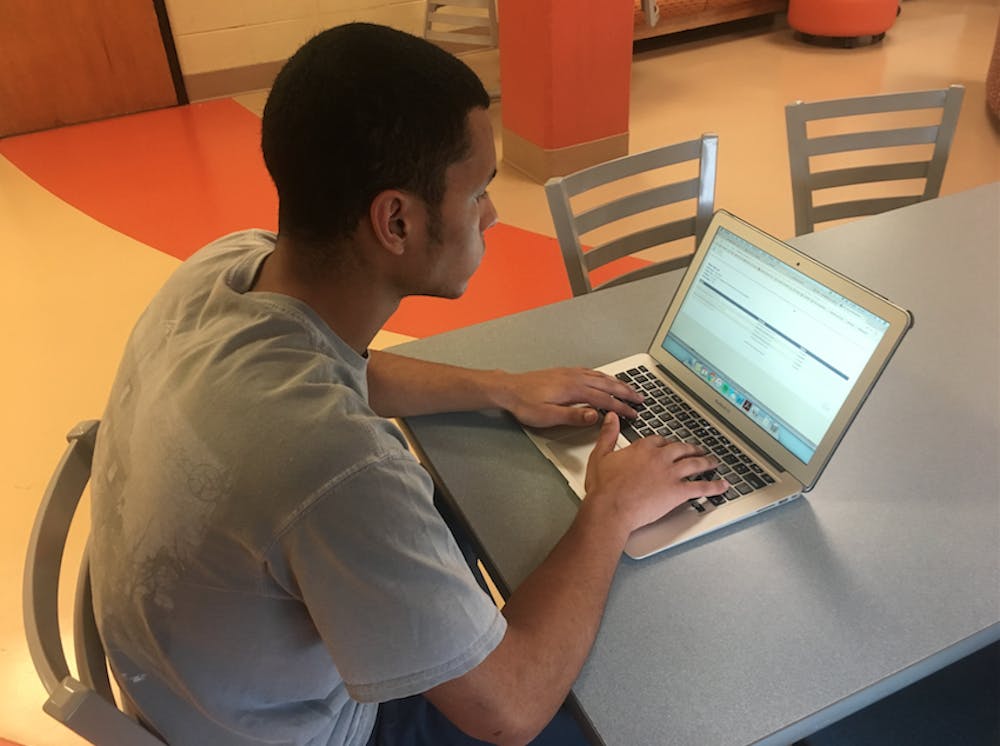As the end of the semester approaches, students will be asked to fill out course evaluations, but the academic community is questioning whether or not students should be filling them out before finals.
Raghuveer Parthasarathy, a physics professor at the University of Oregon, runs a blog which features posts on various academic discussions. One such post discussed delayed course evaluations and the value they may hold for students and professors alike.
In an interview, Parthasarathy said some of the most worthwhile input he has received from students comes months, even years, after they have taken his courses. In these conversations, students have frequently told Parthasarathy how his course material impacted their future studies or how it influenced aspects of their life post-graduation.
“It really tells you there is some value in your teaching, and it can tell you what aspects of the course really made an impact or were relevant,” he said.
Douglas MacLean, a UNC philosophy professor, said a few weeks difference in submitting evaluations likely would not make a difference, but he thinks hindsight from a year or later could yield helpful information.
“My question is, 10 years from now, will anything we’ve been talking about now have made an impact?” MacLean said. “Perhaps we keep the system the way it is now, but we invite students to go back and re-evaluate the course a year or so later.”
Students have also commented on the idea of delayed evaluations, but seem to think this process would be infeasible or unhelpful in different ways than the current system.
“In my opinion, it would be best to fill out an evaluation immediately after you finish a course just so that everything you liked and didn’t like is still fresh in your mind,” said Carson Grill, a junior business administration major at UNC.
Greg Nuckols, an exercise and sport science graduate student and teaching assistant at UNC, said it has sometimes taken years to see the true value of a course, but that’s typically not a feasible time frame for universities to collect data.




